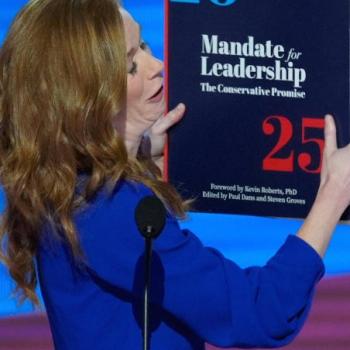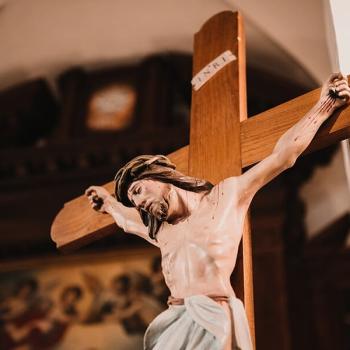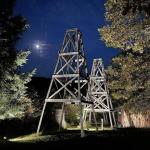by Susan Baller-Shepard
Here we find ourselves again, viewing images of Lake Pontchartrain. This time, the threat is not from nature, it’s human-made. Tar balls from the Gulf Oil spill threaten the lake, as that oil spill looms into not days, not weeks, but months. Surely, this gas and oil spill has been both a nightmare, and a public relations fiasco. Images of smoke billowing from the oil rig, reminded me of the General Power Plant we passed when I was in Zhangjiakou, in the People’s Republic of China. That power plant spews forth things like carbon dioxide, nitrogen oxides, sulfur oxides, mercury, etc. Breathing in that air makes you feel like you have a chronic case of strep throat. What is the air like near the spill, I wonder? What legacy is this spill leaving for future generations to face?
Seeing the plethora of images of oil and smoke pouring out of the rig with seemingly nothing to stop it, makes me feel most of all, sad. The Congressional hearings before the Senate Energy and Natural Resources Committee to “get to the bottom” of this bottomless spill, left me feeling bereft. “Who’s at fault?” was the question.
As the buck was passed, like a hot potato, as fingers were pointed, and accusations hurled, about “what was retro-fitted and when was it fitted?” I thought of the chant, “What do we want?” (Fill in the blank) and “When do we want it? Now!” All of this made me wonder, what do I want to hear in all of this? What would be a welcome relief from this game of hot potato?
I think of the oft-quoted line from Genesis, God asks Cain about the whereabouts of Abel, and Cain responds, “I do not know, am I my brother’s keeper?”* Do Halliburton Co., BP, Transocean Ltd. and see themselves as responsible for the lives and livelihoods that will be completely changed as a result of this spill? What does BP see as “legitimate claims?”
In Genesis, “God saw everything that God had made, and indeed, it was very good.”** I think of the Dawn commercial where a woman washes off an oil-soaked bird like I’d wash off a dinner plate. One bird at a time. Still the images of oil-soaked birds are on the news daily. How many birds, marine life, humans will be harmed by this spill, and the use of the widely disputed chemical dispersant Corexit? No one has used Corexit in “real life,” in real situations outside of a lab, and it was dumped into the Gulf of Mexico’s morass as if it is water, making millions for the Nalco company, creator of Corexit. No one knows the shelf-life of Corexit, how it affects the endocrine levels of marine life, how that could potentially harm generations of marine life and human life, no one knows the potential toxicity levels, because it’s never been used at this volume.
Meanwhile, the oil spill flows into months now as we watch and wring our hands. When will it stop? What these corporations don’t realize, in this massive mess, is the grief attached to it. Young people see the images, and get this message: Human-made environmental catastrophes can happen, do happen, and there is little that can be done to stop them. They also sense this: The amazing Gulf of Mexico will never be the same after this spill.
What I am not hearing, that I want to hear now, in the midst of this sorrow is corporations saying, “Mea culpa,” Latin for “My fault,” or “Mea maxima culpa,” meaning, “My most grievous fault,” because if this oil spill and clean up is anything, it is grievous.
*Genesis 4:9
**Genesis 1:31
The Rev. Susan Baller-Shepard is a writer, editor-in-chief atwww.spiritualbookclub.com with its blog www.spiritualbookclubblog.blogspot.com, and a parish associate pastor at First Presbyterian Church, Normal, IL.
















